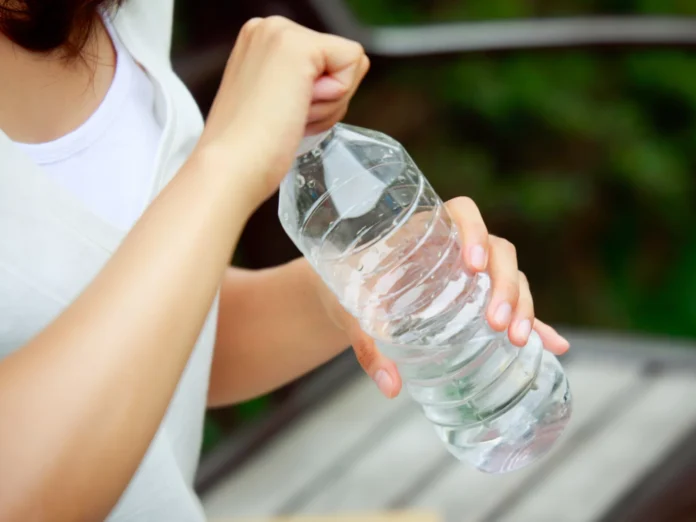Was it hard to concentrate during that long meeting? Does the crossword seem a little tougher? You could be mildly dehydrated.
A growing body of evidence finds that being just a little dehydrated is tied to a range of subtle effects — from mood changes to muddled thinking.
“We find that when people are mildly dehydrated they really don’t do as well on tasks that require complex processing or on tasks that require a lot of their attention,” says Mindy Millard-Stafford, director of the Exercise Physiology Laboratory at Georgia Institute of Technology. She published an analysis of the evidence this month, based on 33 studies.
How long does it take to become mildly dehydrated in the summer heat? Not long at all, studies show, especially when you exercise outdoors.
“If I were hiking at moderate intensity for one hour, I could reach about 1.5 percent to 2 percent dehydration,” says Doug Casa, a professor of kinesiology at the University of Connecticut, and CEO of the Korey Stringer Institute.
For an average-size person, 2 percent dehydration equates to sweating out about a liter of water.
“Most people don’t realize how high their sweat rate is in the heat,” Casa says. If you’re going hard during a run, you can reach that level of dehydration in about 30 minutes.
And at this level of dehydration, the feeling of thirst, for many of us, is only just beginning to kick in. “Most people can’t perceive that they’re 1.5 percent dehydrated,” Casa says.
But already there are subtle — maybe even imperceptible — effects on our bodies and our mental performance.
Take, for example, the findings from a recent study of young, healthy and active women who agreed to take a bunch of cognitive tests and also agreed to restrict their fluid intake to no more than 6 ounces for one day.
“We did manage to dehydrate them by [about] 1 percent just by telling them not to drink for the day,” says Nina Stachenfeld, of the Yale School of Medicine and the John B. Pierce Laboratory, who led the research.
The women took one test designed to measure cognitive flexibility. It’s a card game that requires a lot of attention, since the rules keep changing throughout the game.
“When the women were dehydrated they had about 12 percent more total errors” in the game, says Stachenfeld.
She repeated the tests after the women drank sufficient water, and their performance improved. “We were able to improve executive function back to normal — in other words, back to the baseline day — when they rehydrated,” the scientist says.
Dehydration didn’t hamper performance on all the tests; the women’s reaction time, for example, was not impeded. The decline was seen during the complicated tasks.
Though the study was small, and funded by PepsiCo, which sells bottled water, Stachenfeld designed the methods and completed the analysis independently. And other scientists say her findings fit with a growing body of independent evidence that points to similar conclusions.
“I absolutely think there could be big implications of having a mild cognitive deficiency with small amounts of dehydration,” Casa says.
If you’re a student, for example, a 12 percent increase in errors on a test might matter. And whether you’re a pilot, a soldier, a surgeon or a scholar, many daily tasks depend on the ability to be precise and pay attention.
Analysis:
This article goes into details about issues that could occur over time from being dehydrated. They explain that this issue can grow further and become mental issue and makes it hard to focus on simple tasks that they typically wouldn’t struggle on. It also highlights how the effect can sometimes become long lasting if not handle earlier.




